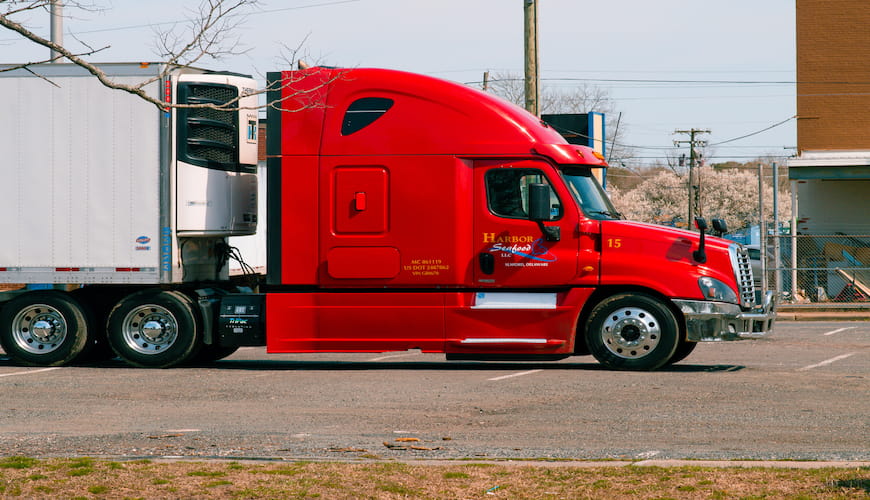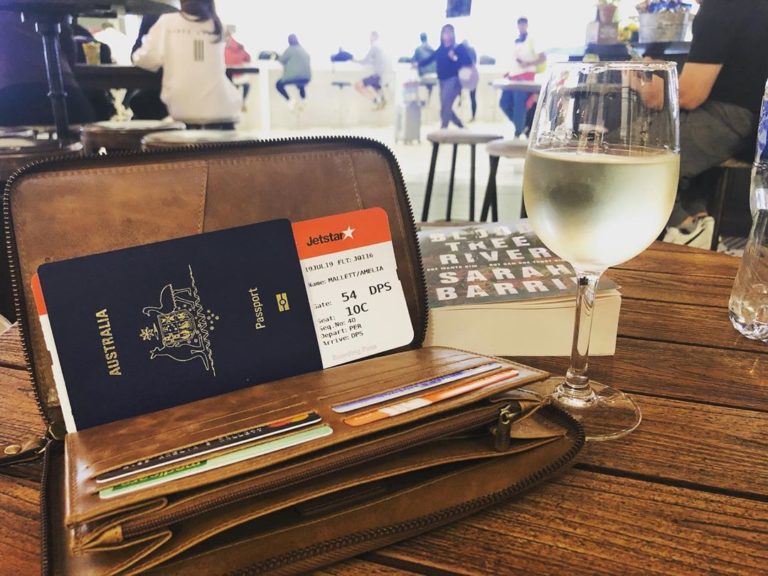How Much Do Long Distance Movers Cost in Vancouver?
Moving can be an exciting yet daunting task, especially when it involves long distances. The thought of relocating to a new city or even a new country can be exhilarating, but the logistics of the move often bring about a fair share of challenges. One of the key concerns that arise during long distance moves is the cost associated with hiring professional movers.
In this article, you will learn more about long distance moving in Vancouver as well as the various factors that influence the cost of long distance movers and will be provided valuable insights into how you can manage these costs effectively.

Factors Influencing Long Distance Moving Costs
When it comes to understanding the cost of a long distance move, it’s important to delve deeper into the factors that contribute to the final figure. These factors go beyond mere distance and encompass a variety of elements that collectively determine the overall expense of your move.
Distance between Locations
Undoubtedly, the distance between your current location and your new destination is a primary factor in calculating the moving costs. The farther you’re moving, the more time, fuel, and resources are required to transport your belongings. The mileage covered plays a direct role in determining the base transportation charges. Keep in mind that the distance isn’t solely measured in miles but also accounts for the time and effort needed for the journey.
Volume and Weight of Belongings
The volume and weight of your possessions have a significant impact on the cost of the move. The more items you have, the larger the truck required to accommodate them, leading to higher transportation costs. Weight also affects fuel consumption and the wear-and-tear on the moving vehicle. Therefore, it’s essential to take an inventory of your belongings and assess which items are worth moving to your new location.
Additional Services Required
The extent of moving services you require will also influence the final cost. If you opt for a full-service move, where the moving company takes care of everything from packing to unpacking, you’ll incur higher charges due to the comprehensive nature of the service. Partial packing and moving services, on the other hand, allow you to customize the assistance you need. This might involve packing only fragile or valuable items, reducing the overall cost while still benefiting from professional expertise.
Time of the Year
The timing of your move can have a substantial impact on the cost. The moving industry experiences peak seasons, usually during the summer months when families prefer to relocate due to school schedules and favorable weather conditions. During these periods, demand for moving services increases, leading to higher costs. Conversely, planning your move during off-peak seasons, such as the fall or winter, can result in more competitive rates due to reduced demand.
Complexity of the Move
Factors like the complexity of the move, the layout of the properties, and any special requirements can contribute to additional costs. If your current or new property has limited access or requires the use of elevators or stairs, it might incur extra charges. Likewise, if large trucks cannot directly access your property due to narrow roads or other constraints, shuttle services might be necessary, leading to increased costs.
Understanding these factors and how they interact with each other is crucial when assessing the potential cost of your long distance move. By considering these elements, you can make informed decisions that align with your budget and ensure a smooth transition to your new home.
Cost Breakdown: What to Expect
Understanding the breakdown of long distance moving costs is essential to avoid surprises and plan your budget effectively. Moving expenses extend beyond a single lump sum, and being aware of the various components that contribute to the total cost will help you make informed decisions.
Base Cost and Mileage Charges
The base cost of a long distance move typically includes the charges associated with loading your belongings onto the moving truck, transportation, and unloading at the destination. This cost is influenced by factors such as the distance between your current and new locations, the size of the truck required, and the route taken.
Mileage charges are directly related to the distance covered during the move. The more miles traveled, the higher the mileage charges. Keep in mind that these charges account for fuel costs, vehicle maintenance, and the time spent on the road.

Packing and Unpacking Costs
If you opt for packing and unpacking services, these expenses will be factored into the overall cost. Professional packers use high-quality materials to ensure the safety of your belongings during transit. They meticulously wrap delicate items, disassemble furniture if necessary, and label boxes for easy identification.
Unpacking services involve setting up your new space according to your preferences. This can be particularly helpful in reducing the stress of settling into your new home. While these services add to the overall cost, they save you time and effort, allowing you to focus on other aspects of the move.
Insurance and Valuation Coverage
Insurance and valuation coverage are crucial components of your moving costs, offering protection against potential damages or loss of your belongings during transit. While moving companies provide basic liability coverage, it might not fully cover the value of your items. It’s advisable to consider additional insurance or valuation coverage to ensure adequate protection.
The cost of insurance depends on the declared value of your belongings. It’s essential to discuss this with your chosen moving company and understand the coverage options available to you.
Additional Fees and Charges
In addition to the core costs, there might be extra fees and charges that arise based on specific circumstances. For instance, if your new home has limited access for the moving truck, there could be charges for carrying items over longer distances or using shuttle services to transport belongings from the truck to your doorstep. These additional charges might also apply if you’re moving items up flights of stairs or if there’s a need for temporary storage.
Understanding these potential extra fees and discussing them with your moving company will prevent any unexpected financial surprises on moving day.
Selecting the Right Moving Company
Choosing the right moving company is a pivotal step in ensuring a successful and stress-free long distance move. With numerous options available, it’s important to conduct thorough research and consider several factors before making your decision.

Reading Reviews and Testimonials
Reading reviews and testimonials from previous customers can give you a sense of what to expect from a particular moving company. Look for reviews that offer specific details about the moving process, customer interactions, and any challenges that were encountered. Keep in mind that a few negative reviews are not necessarily indicative of a bad company; it’s more important to identify patterns in feedback.
When reading reviews, pay attention to the way the company handles and resolves any issues that arise during the moving process. CAmovers, for instance, takes proactive steps to address customers’ concerns thus the company demonstrates a commitment to customer satisfaction.
Verifying Licenses and Insurance
Before finalizing your choice, ensure that the moving company holds the necessary licenses and insurance. Long distance movers must be licensed by the Federal Motor Carrier Safety Administration (FMCSA) in the United States or the appropriate regulatory authority in Canada.
These licenses indicate that the company meets certain safety and quality standards.
Insurance coverage is crucial for protecting your belongings during the move. Verify the type of coverage offered by the moving company and consider additional insurance options if necessary. A reputable moving company will be transparent about its insurance policies and provide you with the information you need to make an informed decision.
Obtaining Quotes and Estimates
Gather quotes and estimates from multiple moving companies to compare costs and services. Avoid companies that provide unusually low estimates, as they might be cutting corners or engaging in bait-and-switch tactics. An in-home survey, where a representative assesses the volume and weight of your belongings, is an effective way to obtain accurate quotes.
During the estimate process, ask about any potential additional fees or charges that might arise. This will help you budget more accurately and avoid surprises on moving day.
Making the Final Decision
Ultimately, the right moving company aligns with your needs, budget, and expectations. Consider the reputation, reviews, licenses, insurance, and cost when making your decision. Remember that moving companies with a track record of reliability, transparency, and exceptional customer service are more likely to provide you with a smooth and stress-free moving experience.
By investing time and effort into selecting the reputable moving company in Vancouver like CAmovers, you set the foundation for a successful and positive transition to your new home, ensuring that your belongings arrive safely and that your moving experience is as smooth as possible.
Summing Up
Long distance moves come with their set of challenges, and understanding the factors that contribute to the cost of hiring professional movers is crucial. By considering the distance, volume of belongings, services required, and timing, you can make informed decisions that align with your budget and needs. Proper planning, research, and selecting the right moving company in Vancouver will pave the way for a seamless transition to your new home.






